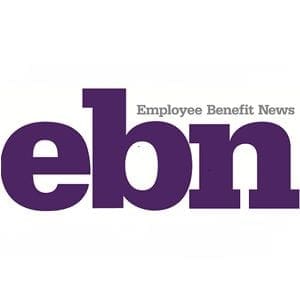Case Study: From COBRA Chaos to Clear Sailing
Like many TPAs, EBPA built its reputation on high-touch service, strong compliance, and long-standing client relationships. But as their COBRA platform aged, it became more of a liability than an asset. System errors, reporting headaches, and weak support from their vendor created daily operational challenges, limiting their ability to grow. After an unsuccessful upgrade attempt, EBPA recognized the need for a new direction. They needed a modern COBRA solution—one that could streamline operations, scale with









